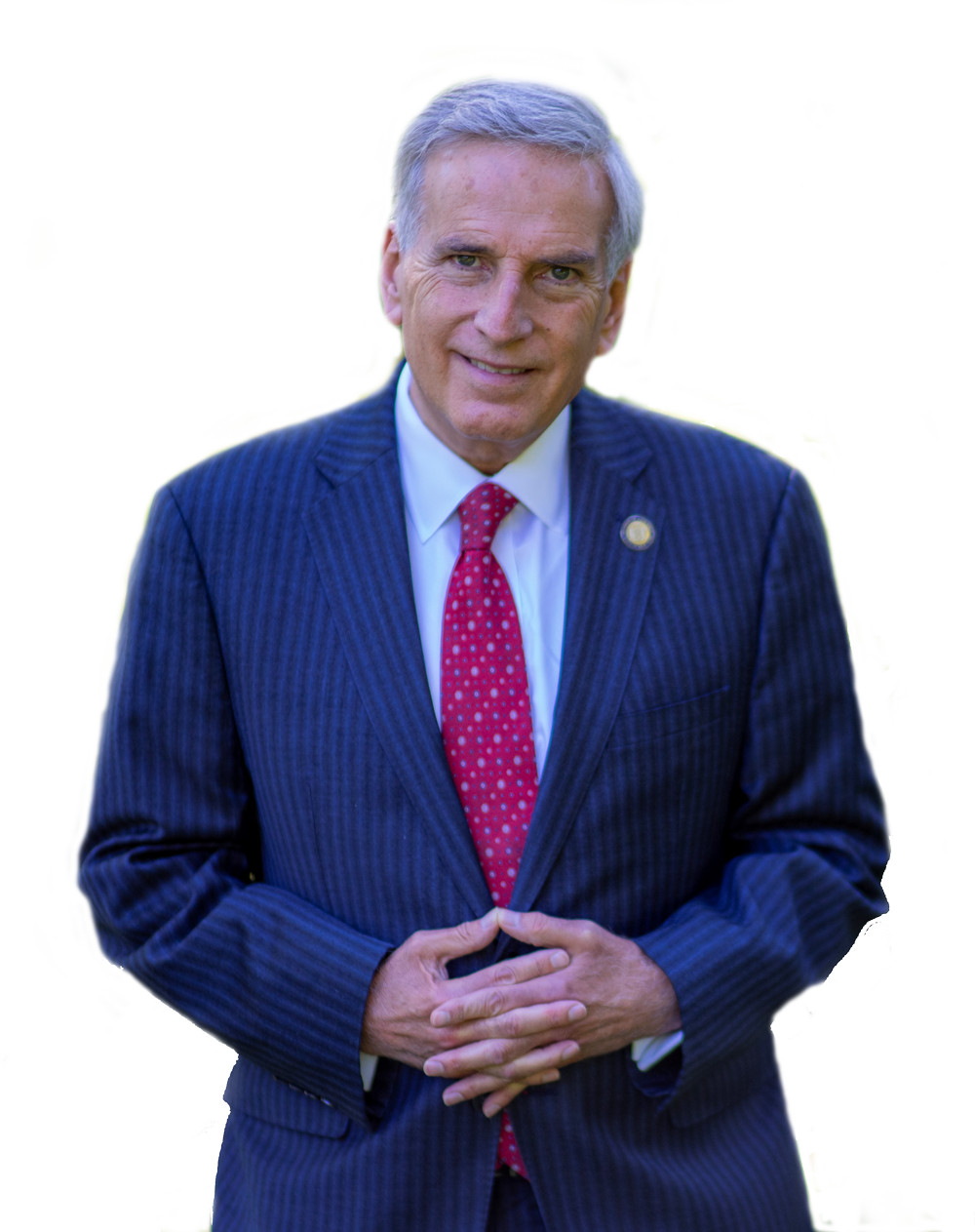Assemblyman David Weprin, Councilman Barry Grodenchik, Queens Civic Congress, & Major Queens Civic Groups Oppose Congestion Pricing Tax
Queens, New York – Assemblyman David I. Weprin and Councilman Barry Grodenchik joined the Queens Civic Congress, the Trucking Association of New York and concerned outer-borough residents to express strong opposition to any proposed congestion pricing tax.
Not all locations in New York City are easily accessible by public transportation. Neighborhoods in northern, southern, and eastern Queens, along with certain areas of Brooklyn, do not have the same amenities as those in Manhattan with readily accessible subway systems near their homes and businesses. These middle class communities cannot afford a tax hike in the form of congestion pricing, which will add hundreds of dollars in additional monthly expenses for working class families and will serve as another tax on New York’s middle class.
A congestion pricing tax will also be a major financial burden on New York’s small businesses that rely on the free bridges to keep costs down. Added tolling will not only reduce the competitive ability of these businesses, but will also lead to added costs for New York’s consumers. Finally, New York City’s FHV and Taxi drivers whom are already facing a crisis with the added costs of surcharges and other market pressures including the devaluation of taxicab medallions, will be subject to an even larger crisis with new taxes.
New York cannot burden these outer-borough working and middle class New Yorkers, already struggling with rising costs of living, with a new tax in the form of congestion pricing. The State must explore alternative streams of funding including the restoration of a commuter tax, an increase in the gas cap, and the use of revenue from marijuana legalization for transportation funding.
“A Congestion tax would be disastrous for Queens, Brooklyn and Long Island residents. It could cost a commuter, an additional $3000 a year in expenses. It would raise the cost of doing business with the cost of congestion taxing being passed onto businesses. It would raise the cost of consumer goods, with business passing along extra costs to consumers. It would limit the competitive ability of these local small businesses; and it would impose a monetary barrier to Manhattan for outer borough residents, who often travel to the city to visit a doctor, watch a show or enjoy a night out in Manhattan” said Assemblyman David I. Weprin. “New York cannot burden the backs of these other borough working and middle class residents, already struggling with the rising costs of living with a new congestion tax. We must find alternative funding streams including the restoration of a commuter tax, an increase in the gas cap, ads the use of revenue from marijuana legalization for transportation funding.”
